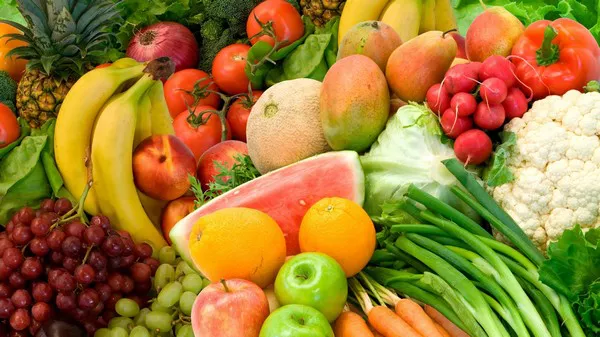The pursuit of a healthy and balanced diet has led to an increased interest in the role of protein in weight management and overall well-being. Protein is a vital macronutrient that plays a significant role in various bodily functions, including muscle building, tissue repair, and hormone regulation. However, there are misconceptions surrounding the idea that consuming too much protein can lead to weight gain and fat accumulation. In this comprehensive article, we will explore the relationship between excessive protein intake and body fat, debunk common myths, and unravel the facts to help you make informed dietary choices.
1. The Role of Protein in the Body:
Proteins are composed of amino acids, which are the building blocks of our cells and tissues. They are essential for repairing and building new tissues, supporting immune function, and acting as enzymes and hormones. Adequate protein intake is crucial for maintaining muscle mass, which plays a vital role in overall metabolism and weight management. Additionally, protein has a high thermic effect, meaning that the body expends more energy digesting and processing protein compared to fats and carbohydrates.
2. Protein and Satiety:
Protein is highly satiating, meaning it helps you feel fuller for longer periods, reducing overall caloric intake and potentially aiding in weight management. Including protein-rich foods in your meals and snacks can help control hunger and prevent excessive snacking between meals. As a result, a diet with adequate protein can indirectly support weight loss efforts by promoting better appetite control.
3. Protein and Muscle Building:
Regular physical activity and exercise can lead to increased muscle breakdown. Adequate protein intake is essential for repairing and rebuilding muscle tissue, especially for those engaged in resistance training and other forms of exercise. Consuming enough protein can promote muscle growth and maintenance, which can contribute to a leaner and more toned physique.
4. The Myth of Excess Protein Leading to Fat Gain:
One common misconception is that consuming excess protein will automatically lead to fat gain. However, it is essential to remember that weight gain or loss is primarily determined by the overall balance of calories consumed and expended. When you consume more calories than your body needs, regardless of whether they come from protein, fats, or carbohydrates, the excess energy is stored as fat, leading to weight gain.
5. Caloric Equilibrium:
To maintain weight, an individual must achieve caloric equilibrium, where the number of calories consumed matches the number of calories burned through metabolism and physical activity. If an individual consumes more calories than they burn, regardless of the macronutrient composition of their diet, they will gain weight. Conversely, if they consume fewer calories than they burn, they will lose weight.
6. Protein and Weight Loss:
In some cases, higher protein diets have been associated with greater weight loss and fat loss compared to lower protein diets. This is partly due to the satiating effect of protein, which helps control hunger and reduce overall caloric intake. Additionally, the preservation of lean muscle mass with adequate protein intake can contribute to a higher resting metabolic rate, aiding in weight loss efforts.
7. Recommended Protein Intake:
The recommended daily protein intake varies depending on factors such as age, gender, activity level, and overall health goals. Generally, the Recommended Dietary Allowance (RDA) for protein is around 0.8 grams of protein per kilogram of body weight for the average adult. However, for those engaged in regular exercise or looking to manage their weight, protein needs may be higher.
8. Individual Variability:
It is important to recognize that individuals have varying protein requirements based on their unique characteristics and goals. Some people may benefit from higher protein intake to support muscle building and recovery, while others may thrive with a moderate protein intake that aligns with their specific dietary needs.
Conclusion:
In summary, consuming too much protein alone is not a direct cause of fat gain. Weight gain occurs when there is an excess of calories consumed compared to calories burned, regardless of the macronutrient composition. Protein is a crucial macronutrient that supports various bodily functions and plays a significant role in muscle building and weight management. Including adequate protein in your diet can help control hunger, support muscle health, and indirectly contribute to weight loss efforts. However, individual protein needs may vary based on factors such as activity level, body composition goals, and overall health status. To maintain a healthy weight, it is essential to strike a balance between calorie intake and expenditure while prioritizing a well-rounded diet that includes a variety of nutrient-dense foods, including protein-rich sources. As with any dietary changes, it is advisable to consult with a healthcare or nutrition professional to determine the appropriate protein intake that aligns with your specific needs and goals.


